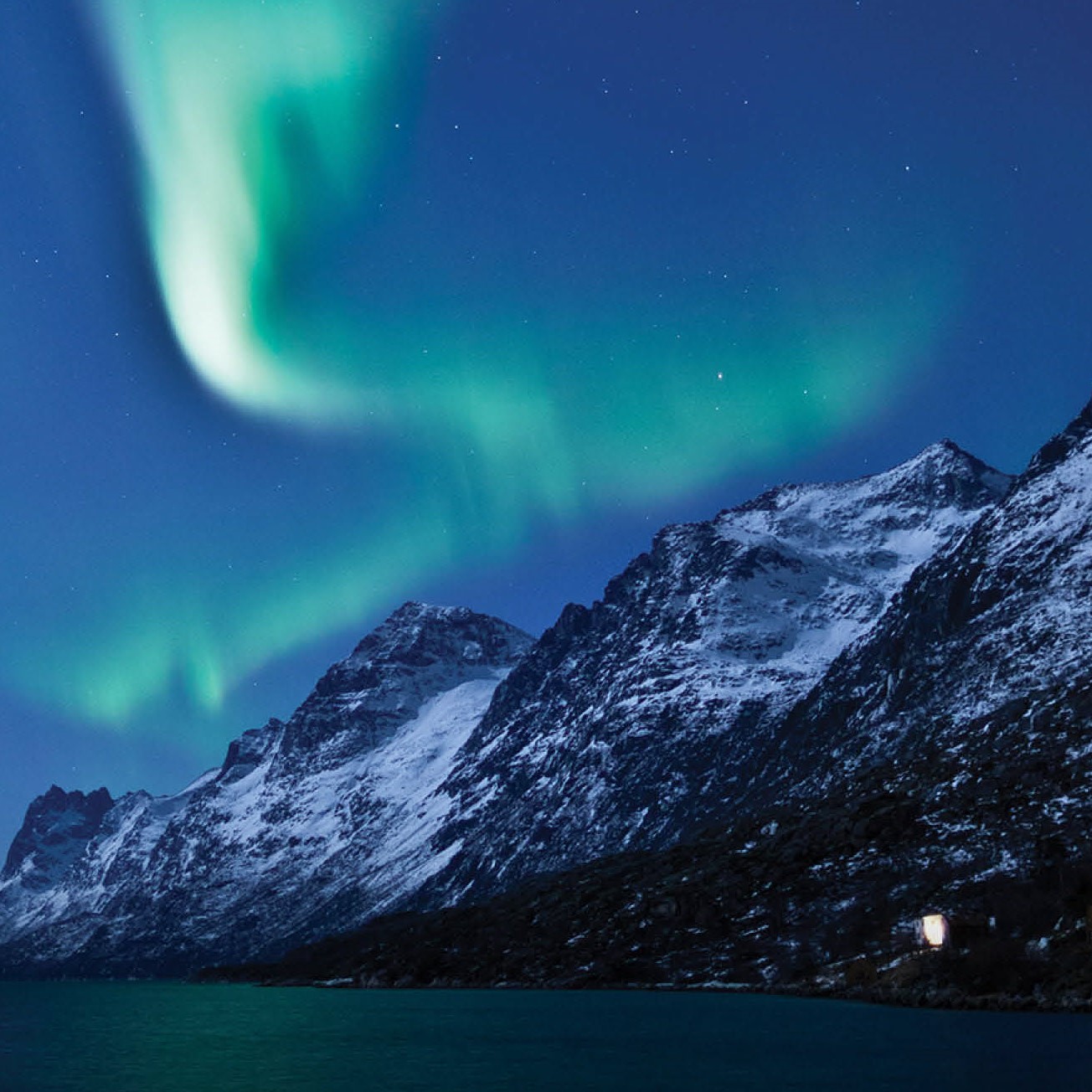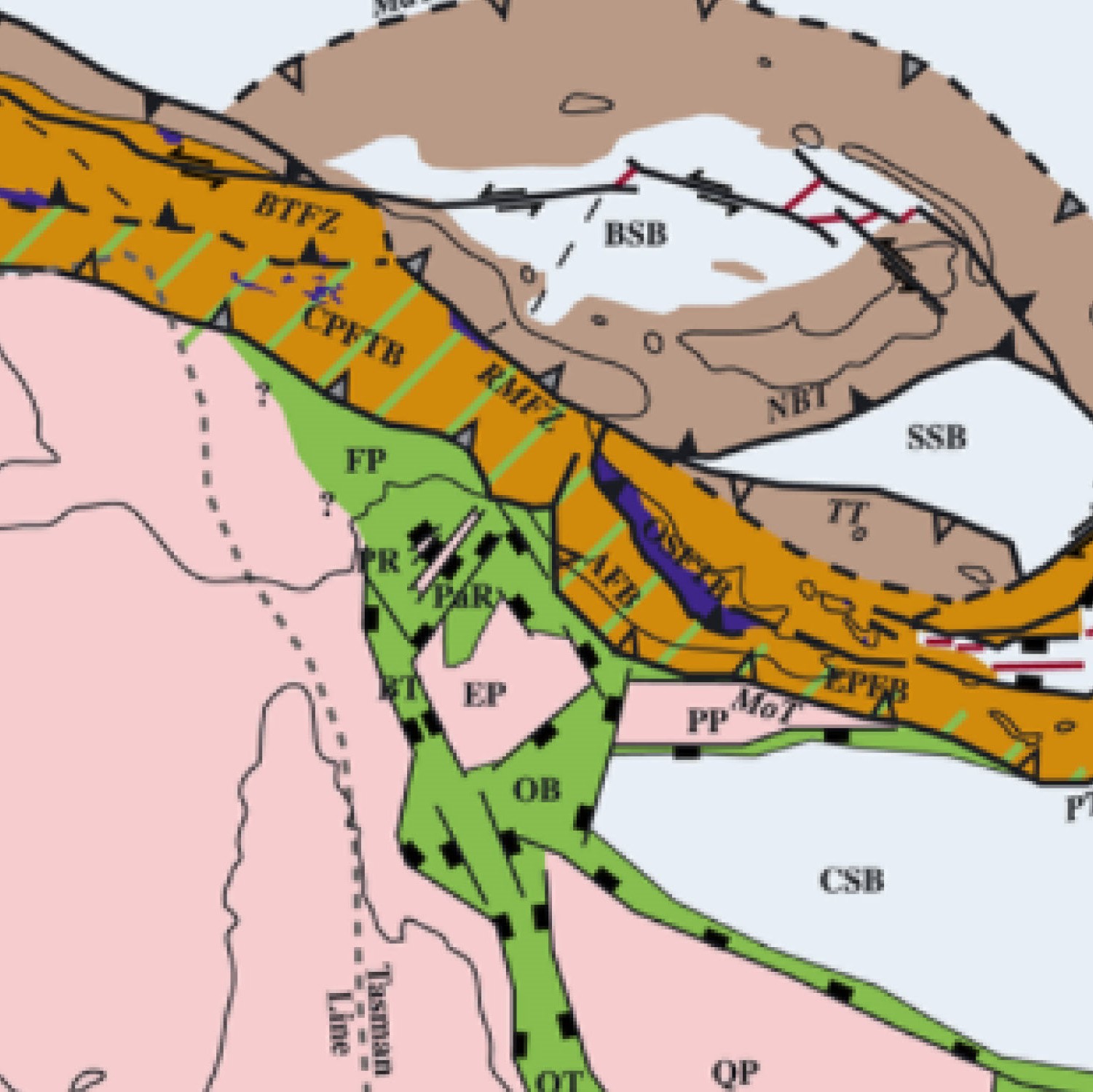ST
Member Since 2001
Susan Trumbore
Director, Max Planck Institute for Biogeochemistry
Editor, AGU Advances
Professional Experience
University of California Irvine
2012 - Present
Max Planck Institute for Biogeochemistry
Director
Honors & Awards
William Kaula Award
Received December 2022
Citation
Sue Trumbore embodies the characteristics of the Kaula award, i.e., the
“unselfish service to the scientific community through extraordinary
dedication to, and exceptional efforts on behalf of AGU’s publications
program” extraordinarily well, serving as a true role model for the
community. She has served for 4 years as the chief editor for Global
Biogeochemical Cycles (GBC) and then in 2019 became the founding editor
in chief of AGU’s flagship journal AGU Advances. Sue has advanced these
journals immensely during her tenure.
First, she pulled GBC out of a doldrum, reorganized its editorial handling through a reorganization and expansion of the editorial board, and through these measures made it again the journal of choice for anybody interested in biogeochemistry. Second, she brought AGU Advances to life, set the vision, built a strong and diverse team of editors, and has been the driving engine of the journal ever since. Convincing authors to submit high-impact papers to a new and relatively unknown journal rather than existing prestige journals was a herculean task. Yet Sue rose to that challenge, attracting top articles to AGU Advances without negatively impacting submissions to other AGU journals. In fact, she very effectively used AGU’s journal network and worked closely together with AGU’s other editors in order to channel papers that were submitted to AGU Advances and deemed to be of high quality but not a good fit onward to the other journals. Thus, there is no doubt that the establishment and success of AGU Advances are due to Sue’s guidance, vision, and day-to-day engagement.
On top of this, Sue has been a powerful advocate of diversity, building a diverse group of editors and mentoring and nurturing them with great dedication. Many of the associate editors that Sue recruited throughout her years at GBC and AGU Advances continue to serve as editors for the different AGU journals, creating a long-living legacy of Sue’s dedication to the community. This commitment to the journals while building and caring for a diverse team of editors makes Sue an utmost deserving candidate for this year’s William Kaula Award.
— Nicolas Gruber,
ETH Zurich
Zurich, Switzerland
First, she pulled GBC out of a doldrum, reorganized its editorial handling through a reorganization and expansion of the editorial board, and through these measures made it again the journal of choice for anybody interested in biogeochemistry. Second, she brought AGU Advances to life, set the vision, built a strong and diverse team of editors, and has been the driving engine of the journal ever since. Convincing authors to submit high-impact papers to a new and relatively unknown journal rather than existing prestige journals was a herculean task. Yet Sue rose to that challenge, attracting top articles to AGU Advances without negatively impacting submissions to other AGU journals. In fact, she very effectively used AGU’s journal network and worked closely together with AGU’s other editors in order to channel papers that were submitted to AGU Advances and deemed to be of high quality but not a good fit onward to the other journals. Thus, there is no doubt that the establishment and success of AGU Advances are due to Sue’s guidance, vision, and day-to-day engagement.
On top of this, Sue has been a powerful advocate of diversity, building a diverse group of editors and mentoring and nurturing them with great dedication. Many of the associate editors that Sue recruited throughout her years at GBC and AGU Advances continue to serve as editors for the different AGU journals, creating a long-living legacy of Sue’s dedication to the community. This commitment to the journals while building and caring for a diverse team of editors makes Sue an utmost deserving candidate for this year’s William Kaula Award.
— Nicolas Gruber,
ETH Zurich
Zurich, Switzerland
Response
I am honored
to be recognized with the William Kaula Award, especially when there are
so many dedicated and deserving people working hard to ensure the very
high standards for science published in AGU journals. Many thanks to my
nominators, Nikki Gruber, Eileen Hoffman, Katsumi Matsumoto, Mary-Elena Carr and Sara Mickaloff Fletcher.
While I have
had the privilege to serve as editor-in-chief of two great AGU journals,
I want to use this space to say a few words about AGU Advances. The idea behind Advances
is to give Earth and space scientists an open access journal within our
community to publish research and commentary that is of broad and
immediate impact. I agreed to take on the job of founding
editor-in-chief partly because I was tired of seeing so many AGU authors
send their highest-profile work to journals outside of our community.
At Advances,
we distinguish ourselves from other highly selective journals by
allowing space for authors to explain the context of their findings and
describe important details of methodology. Editors highlight how each
paper we publish advances our science, and we often solicit viewpoints
to help put the research in broader context. We make the review process
transparent by publishing the paper’s history along with the accepted
version. I am particularly proud of pieces we have published on how we
do our science, including commentaries on how the increasing demands to
wrangle big data are affecting students, and the ongoing editorial
series highlighting issues around diversity, inclusivity and ethics in
the geosciences.
For the success of the journal to date, I thank the Advances
editorial board and Margaret Moerchen at AGU for shaping our journal.
We have benefitted from the cooperative spirit of AGU’s journal editors
and the support from AGU Publications staff and the Wiley team, most of
whom spent the last years working from home. Finally, thanks to the
authors who took the risk to submit their papers to a journal that at
the time had no impact factor.
While the peer
review system is not perfect, it is still the best tool we have to
ensure the quality and trustworthiness of the science we publish. I am
glad that the William Kaula Award exists to recognize the important
contributions of those who support AGU publications and honored to be
this year's recipient.
— Susan Trumbore
Max Planck Institute for Biogeochemistry
Jena, GermanyUniversity of California, IrvineIrvine, California
See Details
Close Details
Union Fellow
Received January 2005
Publications

Increased Occurrence of Large‐Scale Windthrows Across the Amazon Basin
Convective storms with strong downdrafts create windthrows: snapped and uprooted trees that locally alter the structure, composition, and carbon ba...
November 01, 2024

Thank You to Our 2023 Peer Reviewers
April 30, 2024

Dimethyl Sulfide Emissions From a Peatland Result More From ...
January 05, 2024

Thank You to Our 2022 Peer Reviewers
June 20, 2023

Thank You to Our 2021 Peer Reviewers
April 13, 2022
AGU Abstracts
The Role of Windthrows in Shaping Forest Biomass and Carbon Dynamics
FOREST COVER DYNAMICS, DRIVERS, AND IMPACTS UNDER DIVERSE HUMAN ACTIVITIES AND CLIMATE CHANGE II ORAL
global environmental change | 13 december 2024
Robinson I. Negron Juarez, Yanlei Feng, José David...
Windthrows, characterized by the uprooting or breaking of trees due to severe wind events, cause significant and immediate reductions in forest biomas...
View Abstract
NSC Safety Margin: an Indicator of the Metabolic and NSC Reserves Status of Mature Trees
FOREST ECOPHYSIOLOGY: FOREST PHYSIOLOGICAL AND ECOLOGICAL PROCESSES FROM MOLECULES TO ECOSYSTEMS I ORAL
biogeosciences | 12 december 2024
David Herrera, Carlos A. Sierra, Boaz Hilman, Susa...
Non-structural carbon (NSC) reserves are important for trees to survive and recover from stress. NSC dynamics leave a footprint in the NSC age and tra...
View Abstract
Amazon carbon cycle response to the exceptional drought in 2023
CONSTRAINING GREENHOUSE GAS EXCHANGE PROCESSES USING REMOTE SENSING AND IN SITU OBSERVATIONS II ORAL
atmospheric sciences | 12 december 2024
Santiago Botia, Shujiro Komiya, CliO Dias, Alessan...
The year 2023 had record high temperatures worldwide. In the Amazon region, temperature anomalies reached over 1.5C above the 1991-2020 period from Se...
View Abstract
Volunteer Experience
2025 - 2025
Editor
AGU Advances
2019 - 2024
Editor-in-Chief
AGU Advances
2019 - 2020
Member
Biogeosciences-Hydrology Soil Systems and Critical Zone Processes Technical Comm
Check out all of Susan Trumbore’s AGU Research!
View All Research Now


